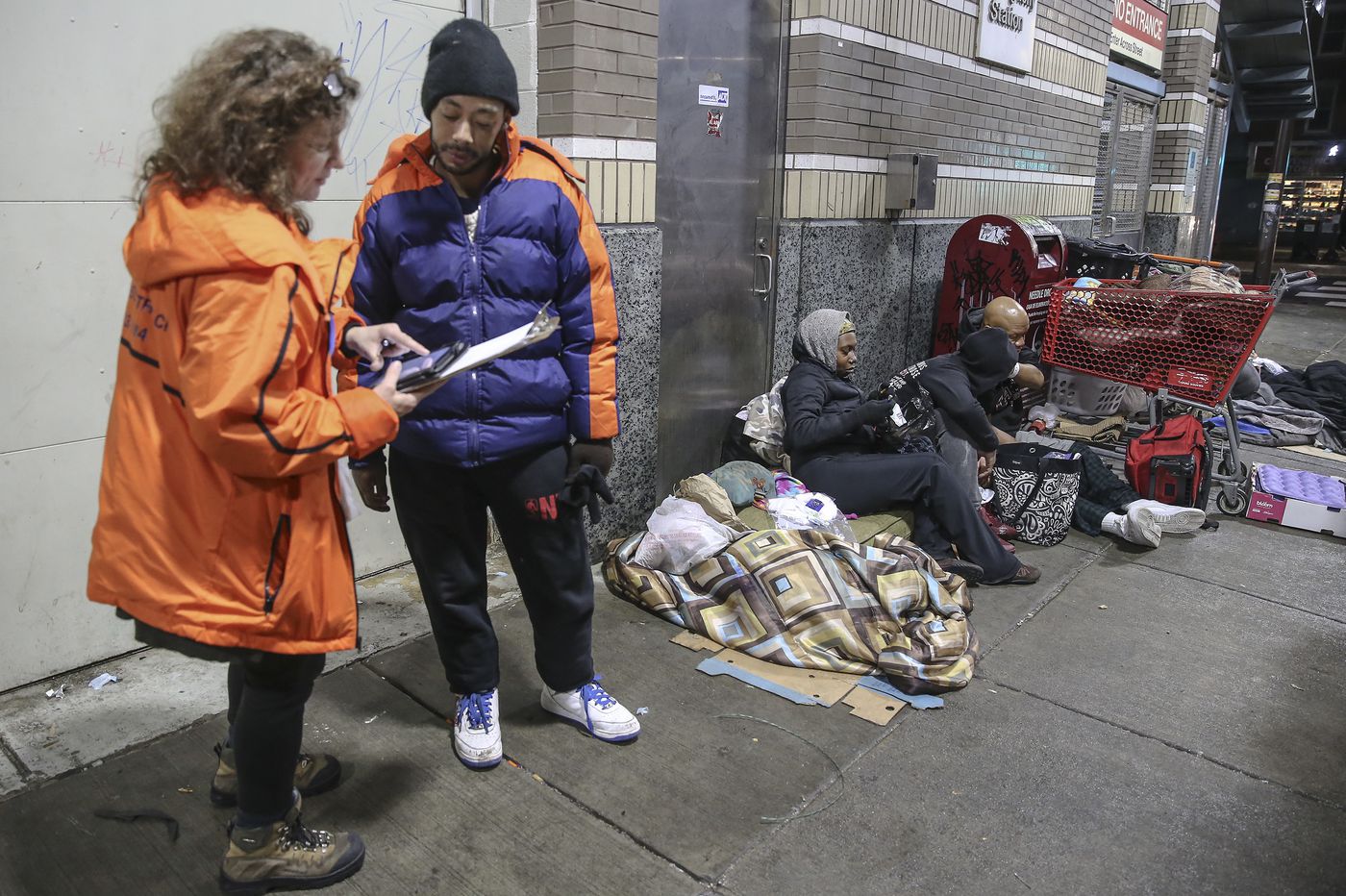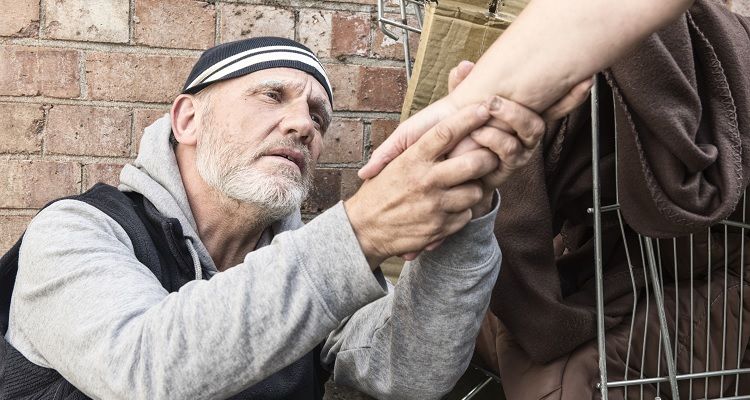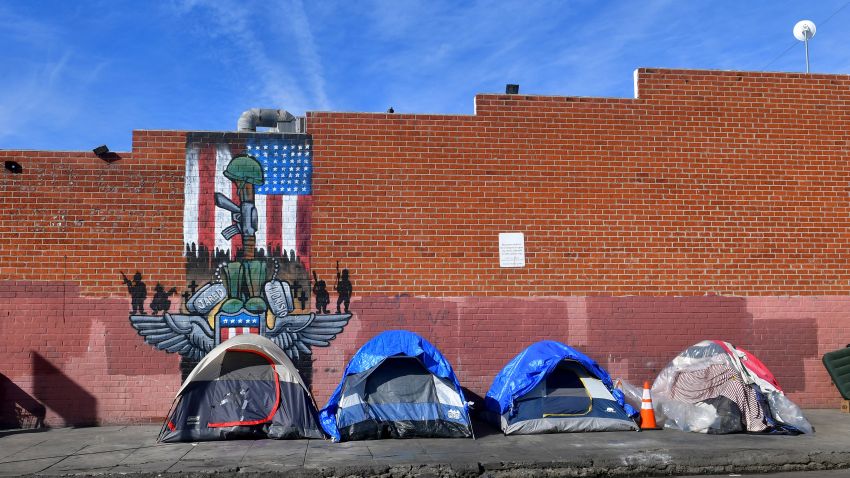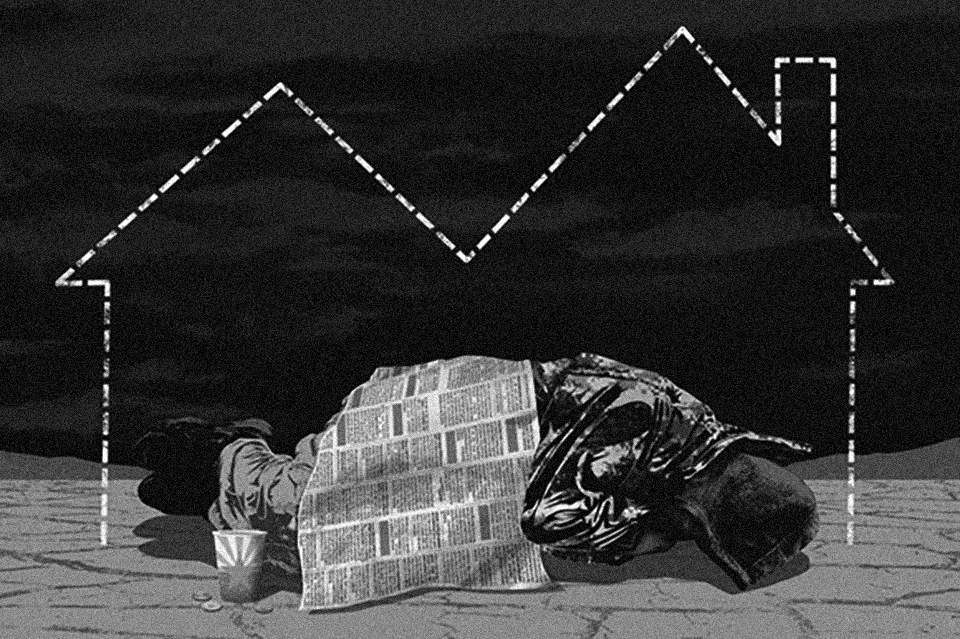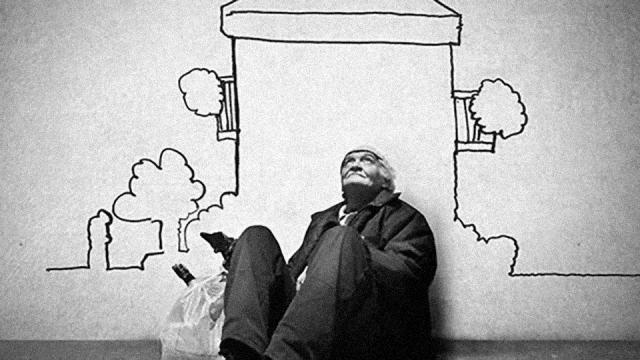
No one expects to become homeless, but the reality is that an estimated one in three Americans is just one missed paycheck away from financial disaster that can lead to losing one's home. Combine today’s unstable job market with the rising costs of healthcare and housing among society's most vulnerable and it's not hard to see why one health or employment crisis can start a chain reaction that ends in personal ruin.
It is currently estimated that more than half a million people in the United States have no permanent residence. Approximately one-quarter of those affected have jobs. No matter your age, gender, race, religion or sexual orientation, the threat and reality of homelessness do not discriminate.
If you or someone you love are among the growing number of people in America who do not know where you will be sleeping tonight, attending to your physical and mental health may seem low on the list of urgent priorities. Yet being homeless, no matter how briefly, puts you at extreme risk of illness and injury, making medical care a significant concern. The good news is that resources are available to help.
An increased risk
Studies show that a majority of people who experience homelessness already suffered from some form of physical or mental illness when they first lost their homes. Indeed, current studies suggest that nearly 75 million Americans are uninsured or underinsured. Given the astronomical costs of medical care, it's unsurprising that such a large number of today’s homeless population would also be facing some sort of chronic illness, ranging from cardiovascular disease to cancer to mobility or vision impairments.
This also means that most people who find themselves trying to survive on the streets are already at elevated risk for contracting infectious diseases. The presence of chronic disease makes homeless populations less able to withstand the harsh conditions of street life, such as exposure to the elements, extreme temperature changes, and lack of sanitation.
Homeless populations aren't only at an elevated risk for contracting common infectious diseases like influenza, hepatitis, HIV/AIDS and tuberculosis, but also lethal diseases that once seemed confined to the memories of bygone centuries. In larger cities particularly, previously eradicated diseases including typhus and plague are now, somewhat improbably, returning with a vengeance.
As sobering as the numbers of homeless people battling physical or mental illness may be, the rate of homelessness among U.S. veterans is even more dire. According to recent estimates, nearly 10 percent of the country's homeless population are veterans, 54 percent of whom have a physical or mental disability – particularly undiagnosed or insufficiently treated depression or post-traumatic stress disorder (PTSD). The traumas of war have all too often left returning soldiers unequipped for civilian life and unable to secure stable employment or housing.
Making the call: reaching out for solutions
If you or someone you love is experiencing or at risk of homelessness, there is hope. Resources are available to assist in not only finding temporary or permanent housing, but also accessing essential medical care. In large cities and small towns alike, medical teams are increasingly being dispatched to homeless camps and enclaves to provide care and facilitate access to community-based and government programs.
As rates of homelessness grow, so too does the level of outreach provided by these street medicine teams across America. Such advocates not only provide life-saving physical and mental healthcare, but also support in procuring housing, employment and other essential services to help homeless people get back on their feet and off the streets.
There can be no question that the work of mobile medical teams in homeless communities saves lives, but you don't have to wait to find support. An abundance of support services exists to help you access shelter and medical care when you need it. It may not be easy to take that first step in calling for help. When you are facing what is probably the most challenging time in your life, you may find it difficult to muster the courage, the energy or even the trust to seek help.
But if you are living on the street, for just one night or for many, you cannot afford to take your health for granted. It may well mean the difference between dying on the streets or living to see a better tomorrow.
Know your rights
If you are homeless and uninsured, you don’t have to “gut out” sickness. In fact, given the treacherous conditions of life on the streets, delaying medical treatment when you are homeless and ill is perhaps the most dangerous thing you can do.
It’s important to remember that you have rights, and that includes the [legal right to emergency medical care[(https://www.alllaw.com/articles/nolo/medical-malpractice/uninsured-patie...) when you are severely ill. It also means the right to access health resources for the uninsured to ensure that a treatable illness does not spiral into a life-threatening emergency.

